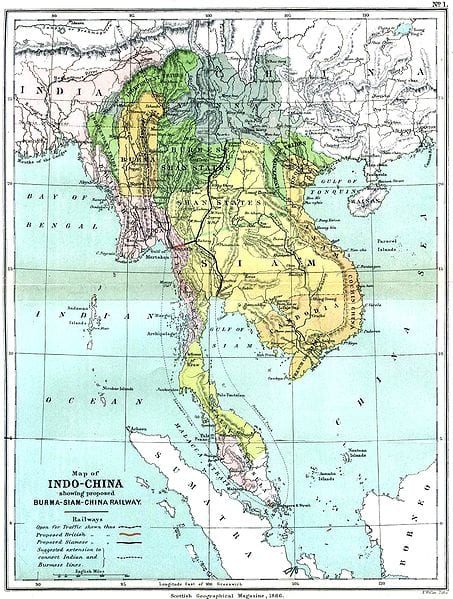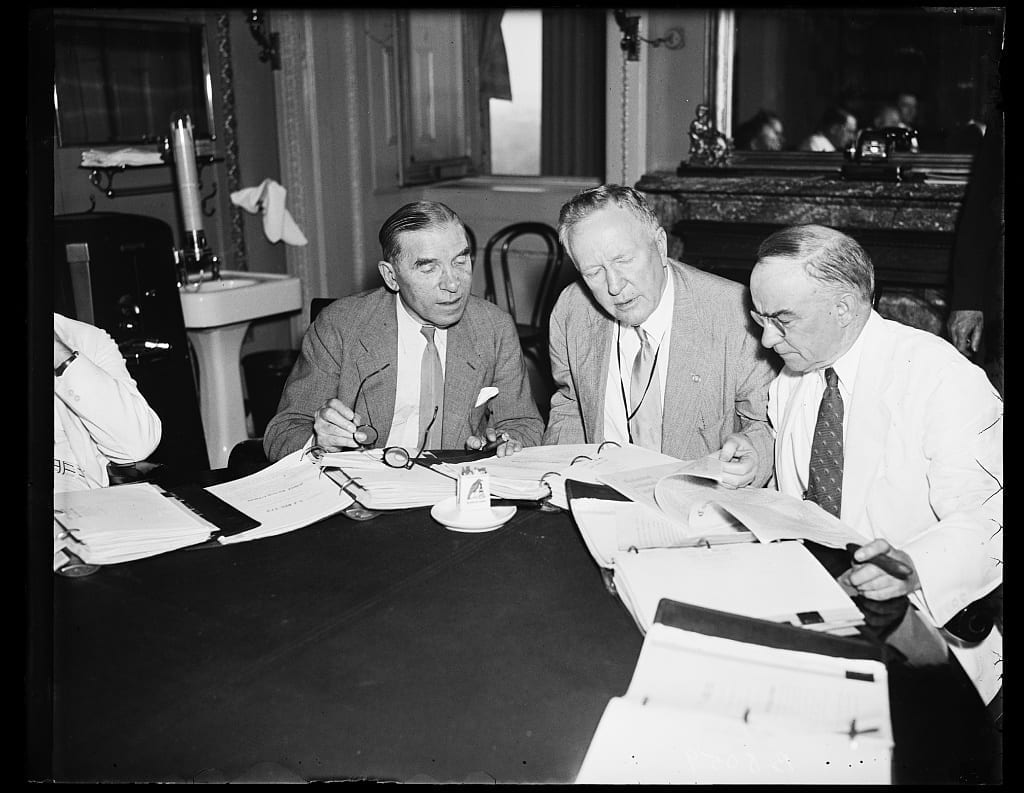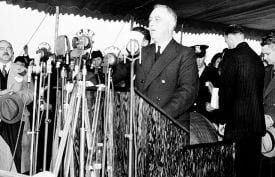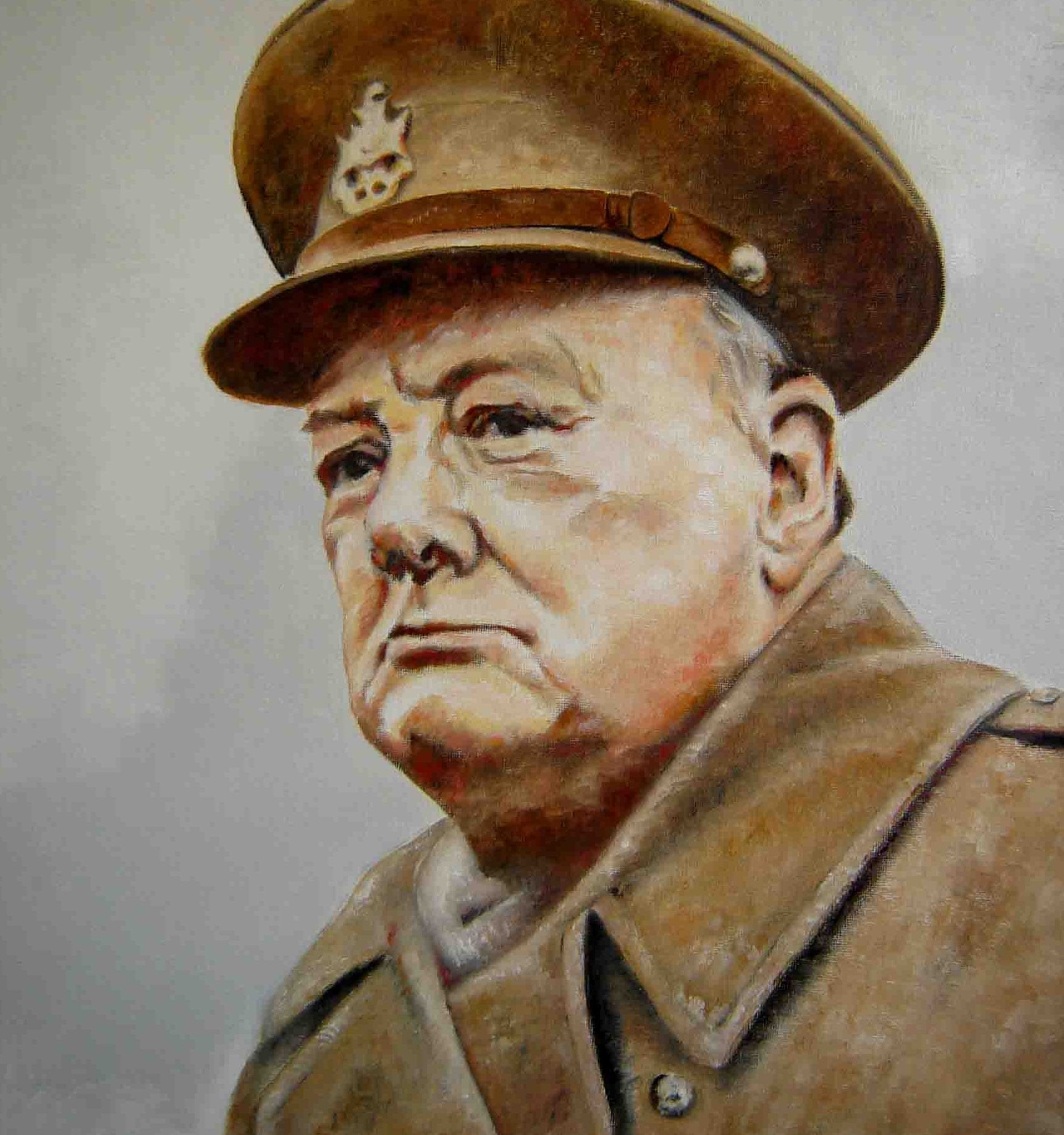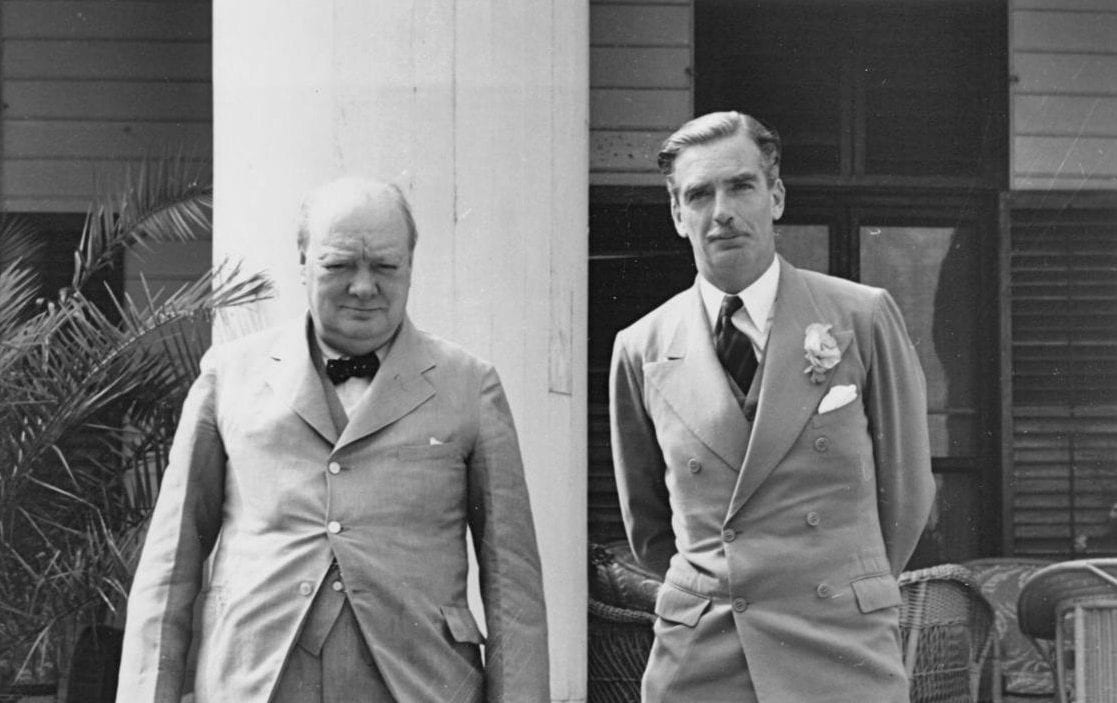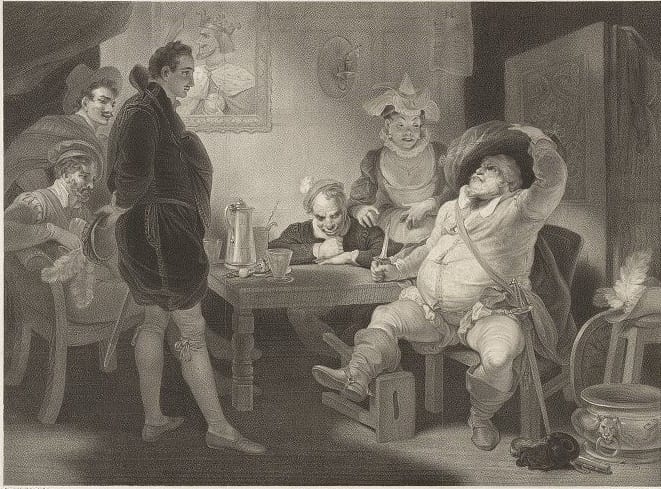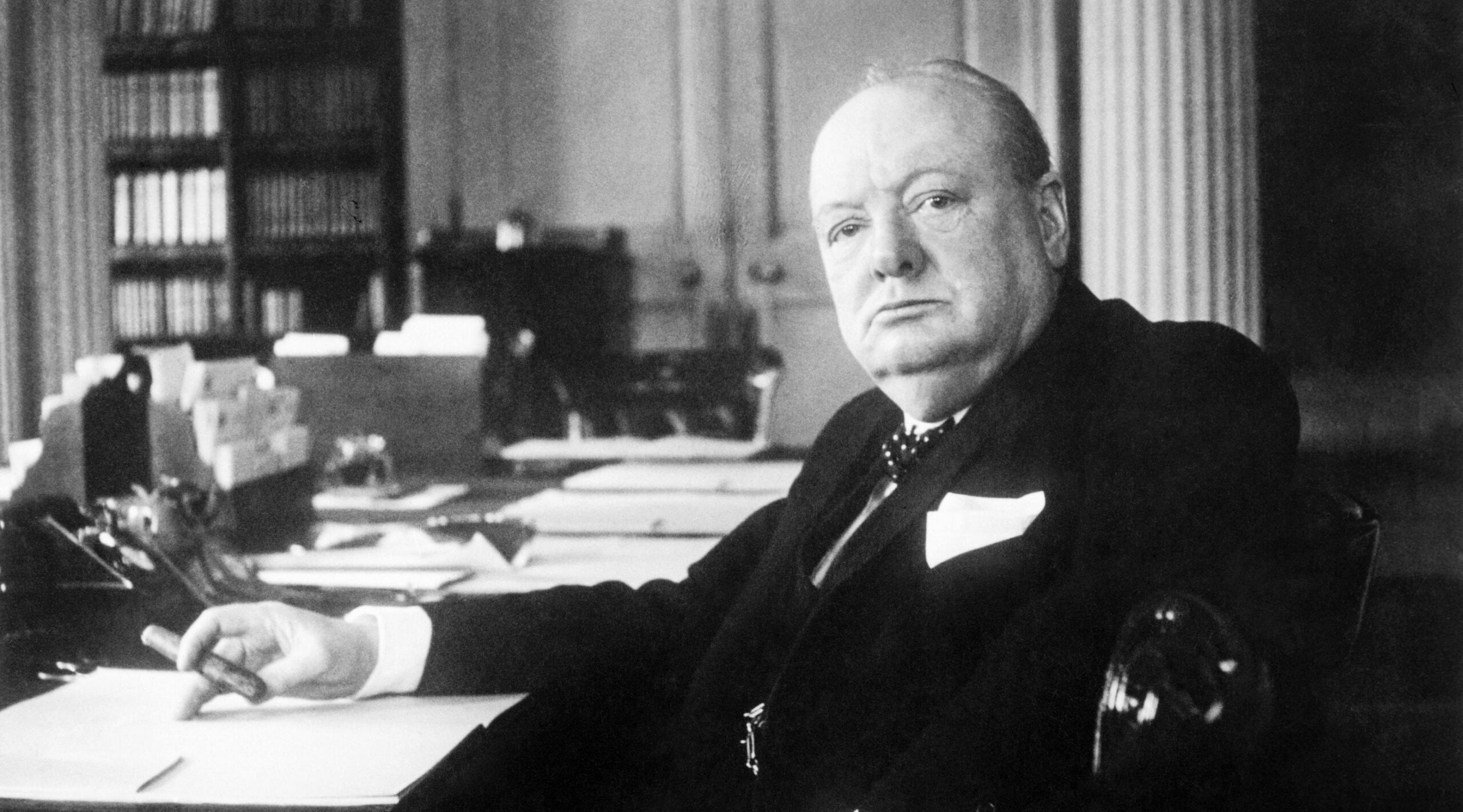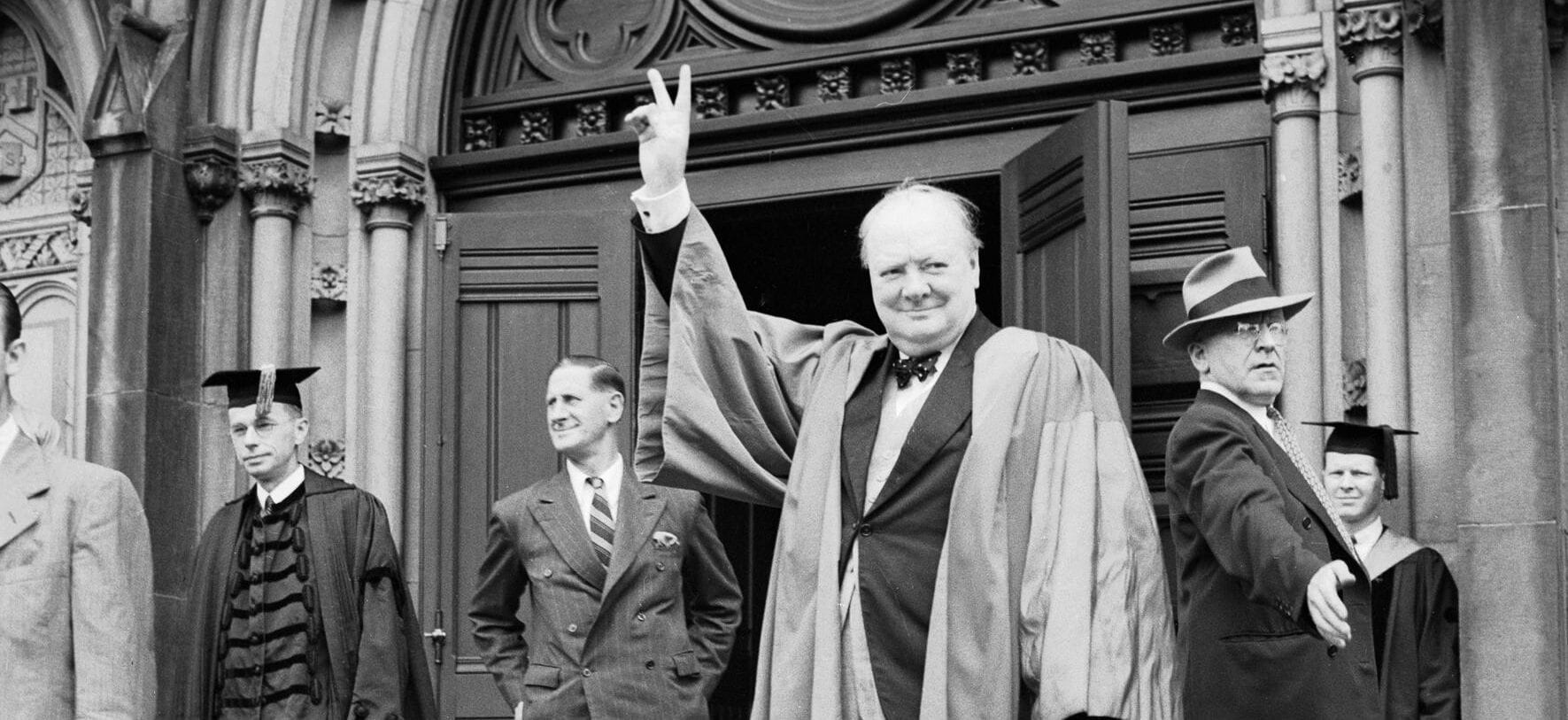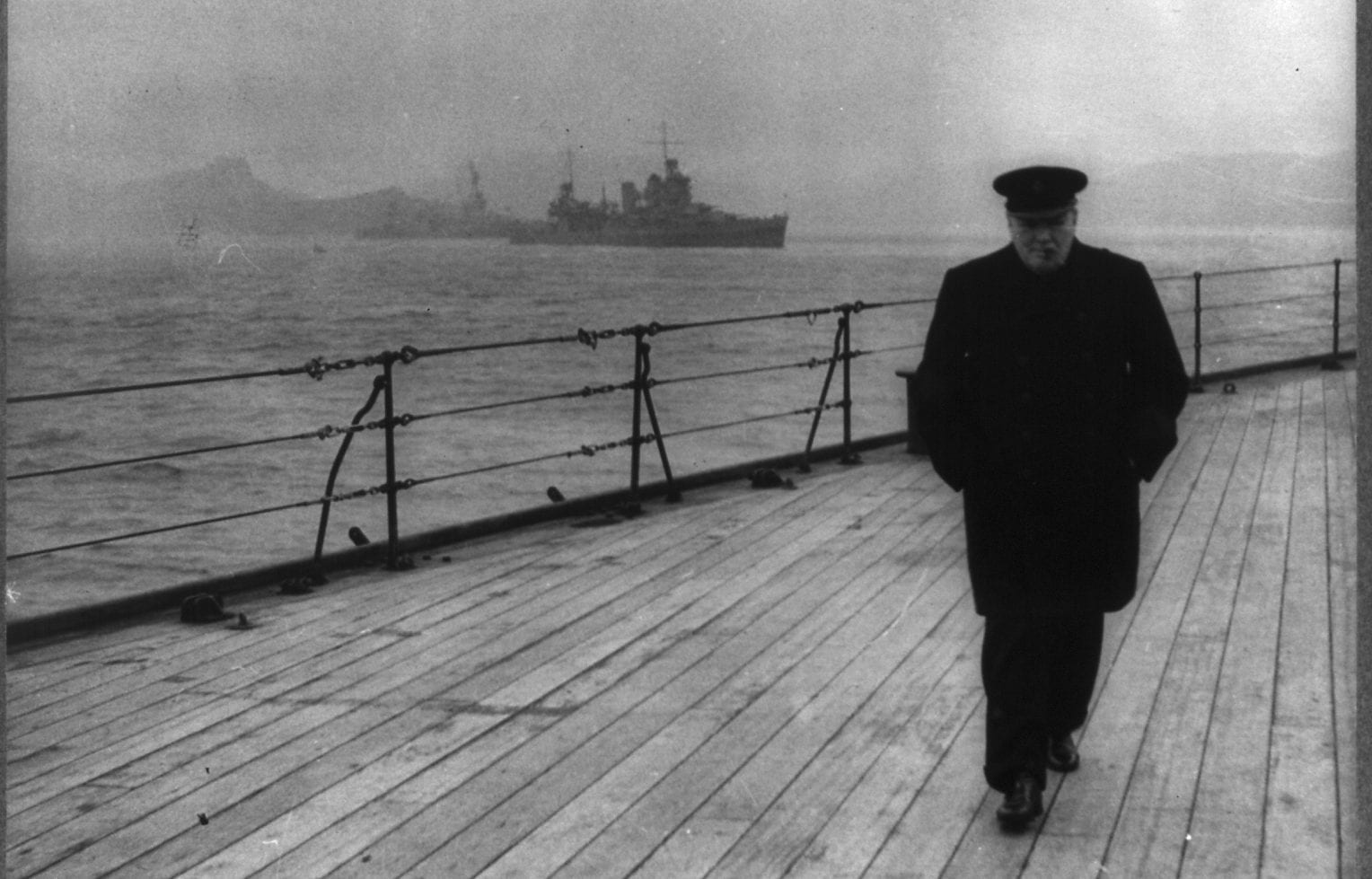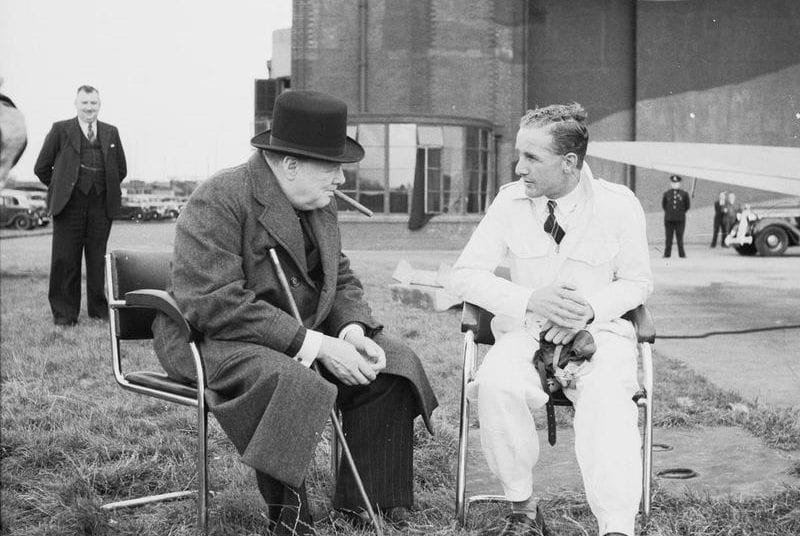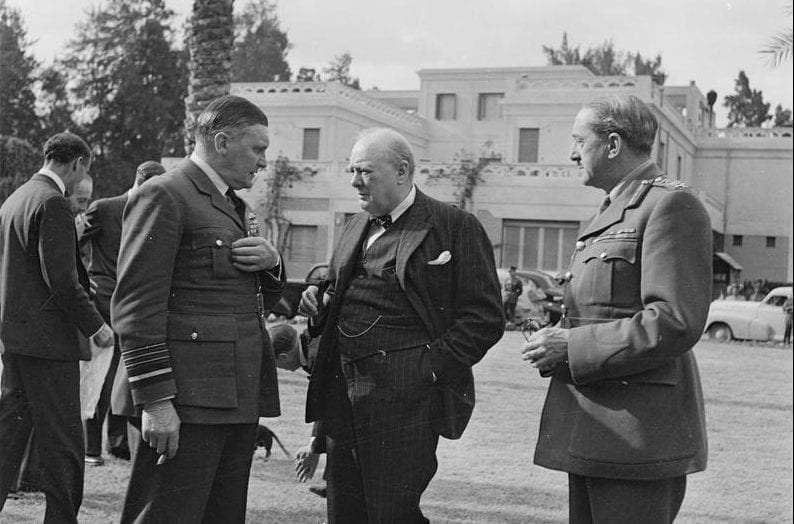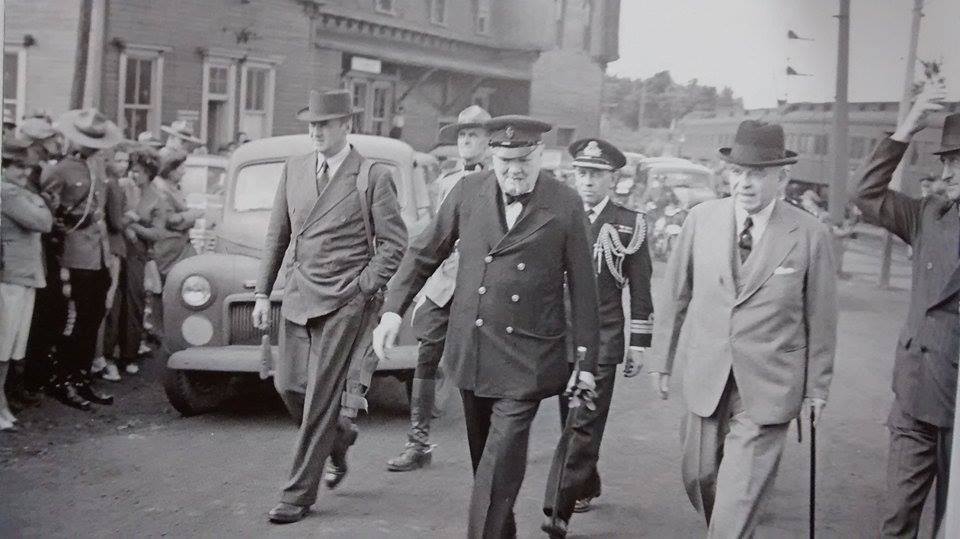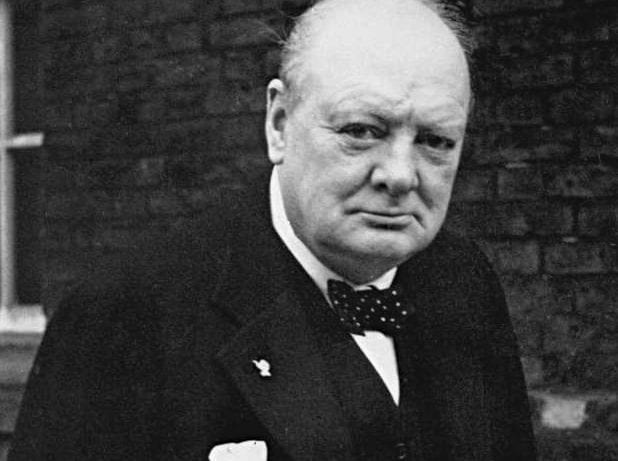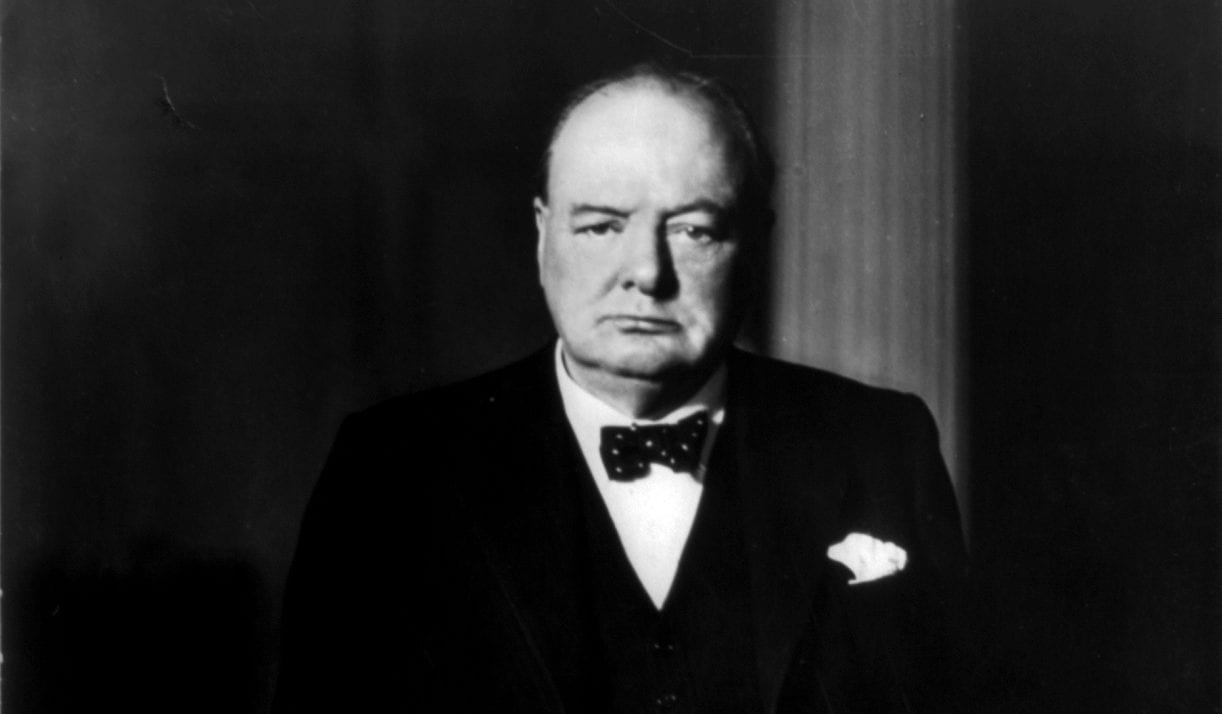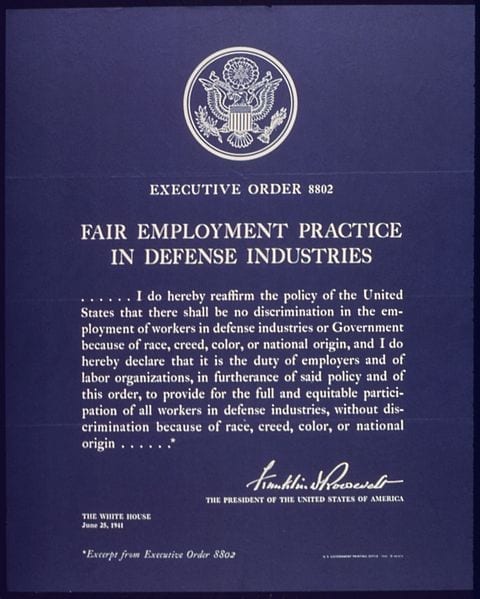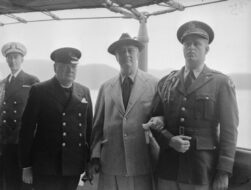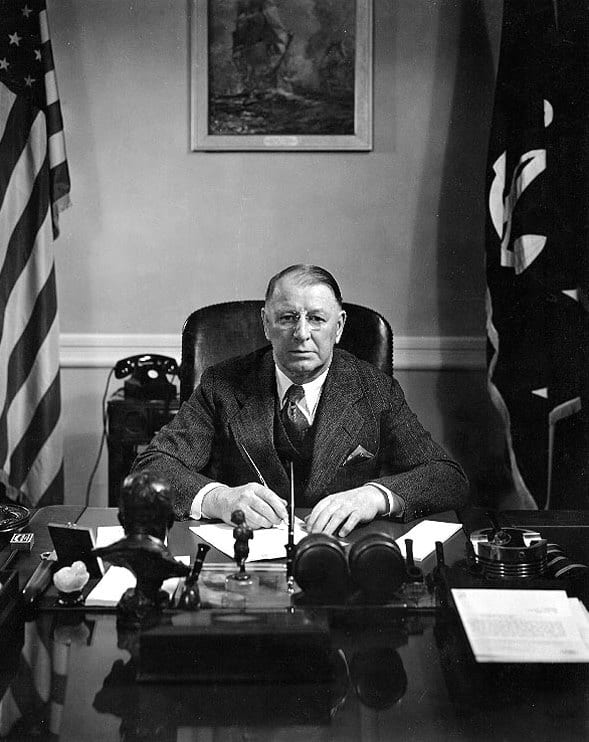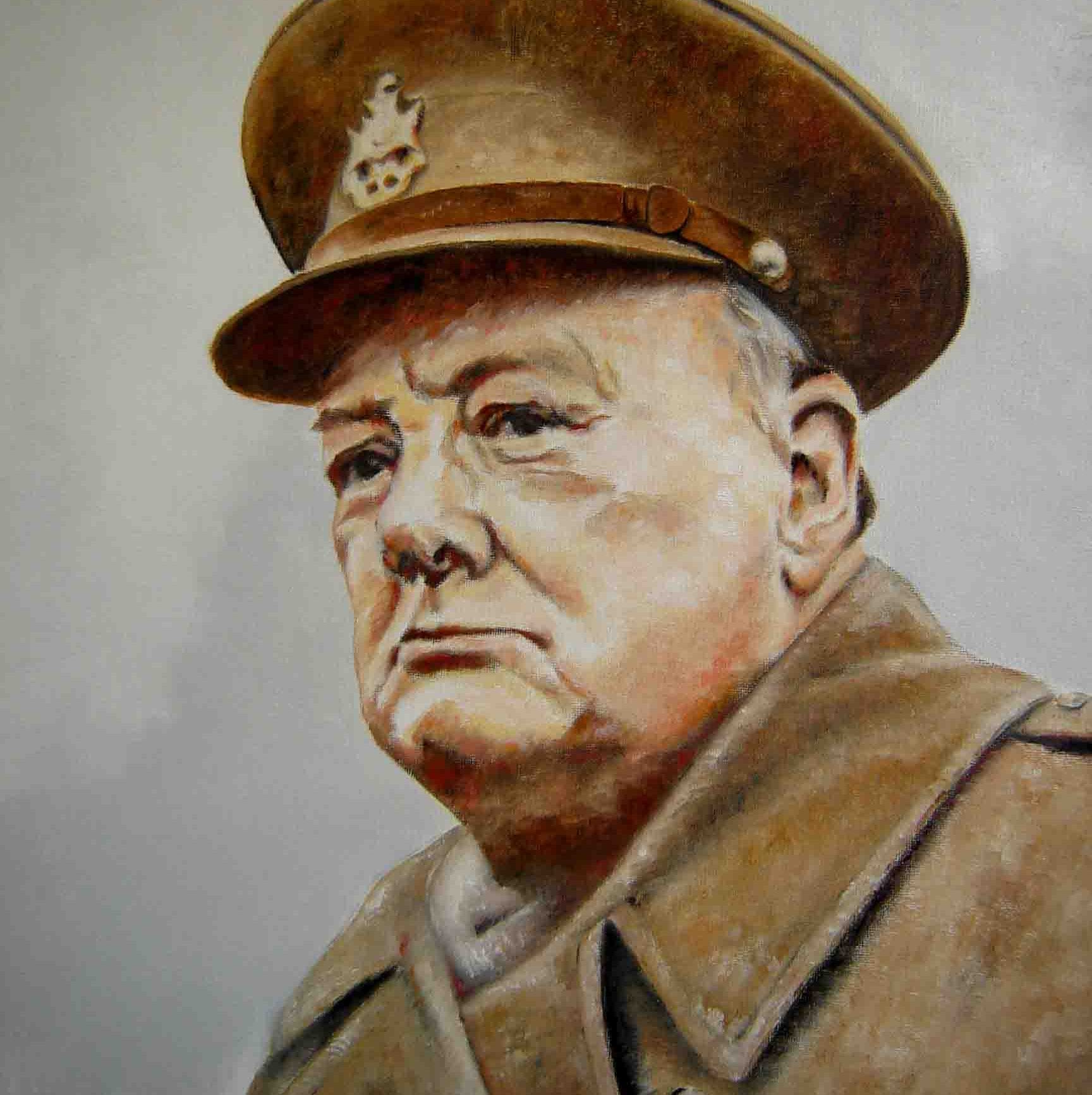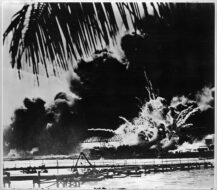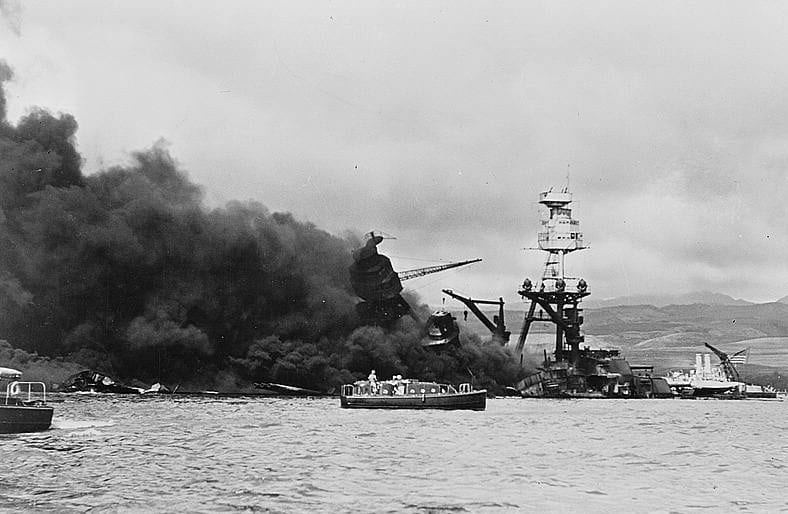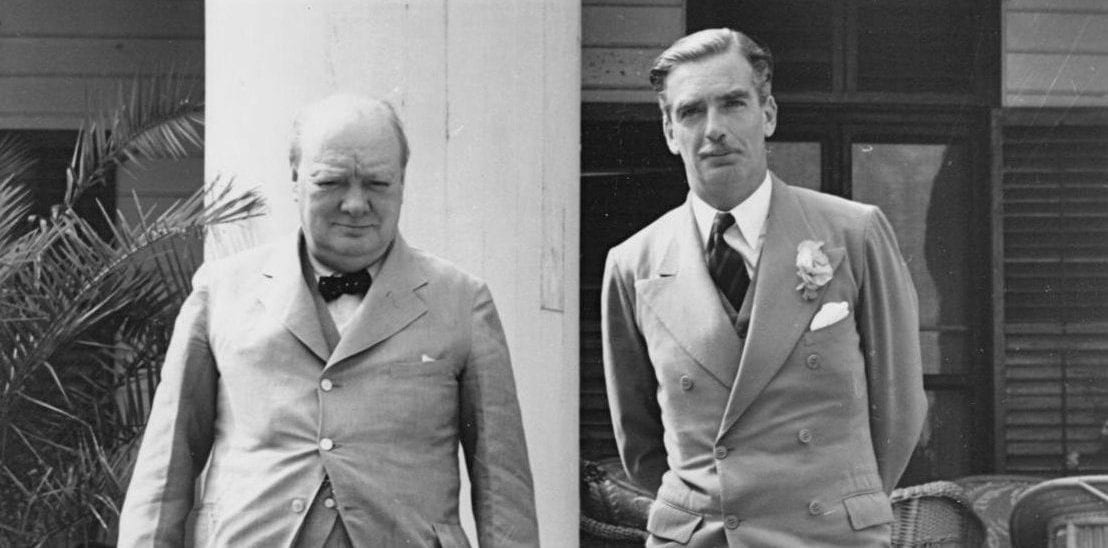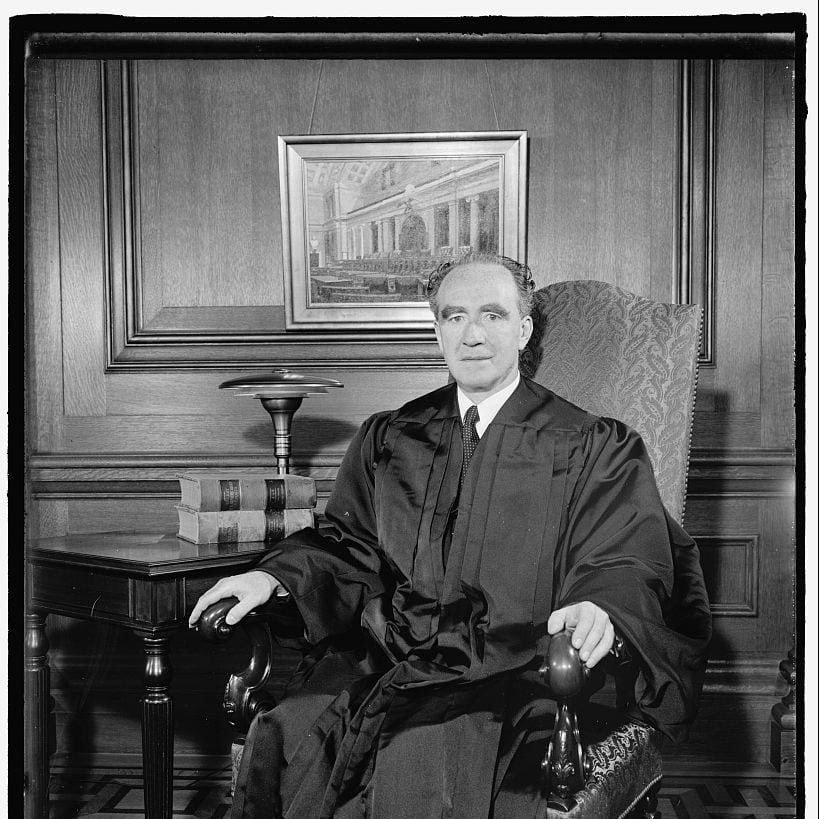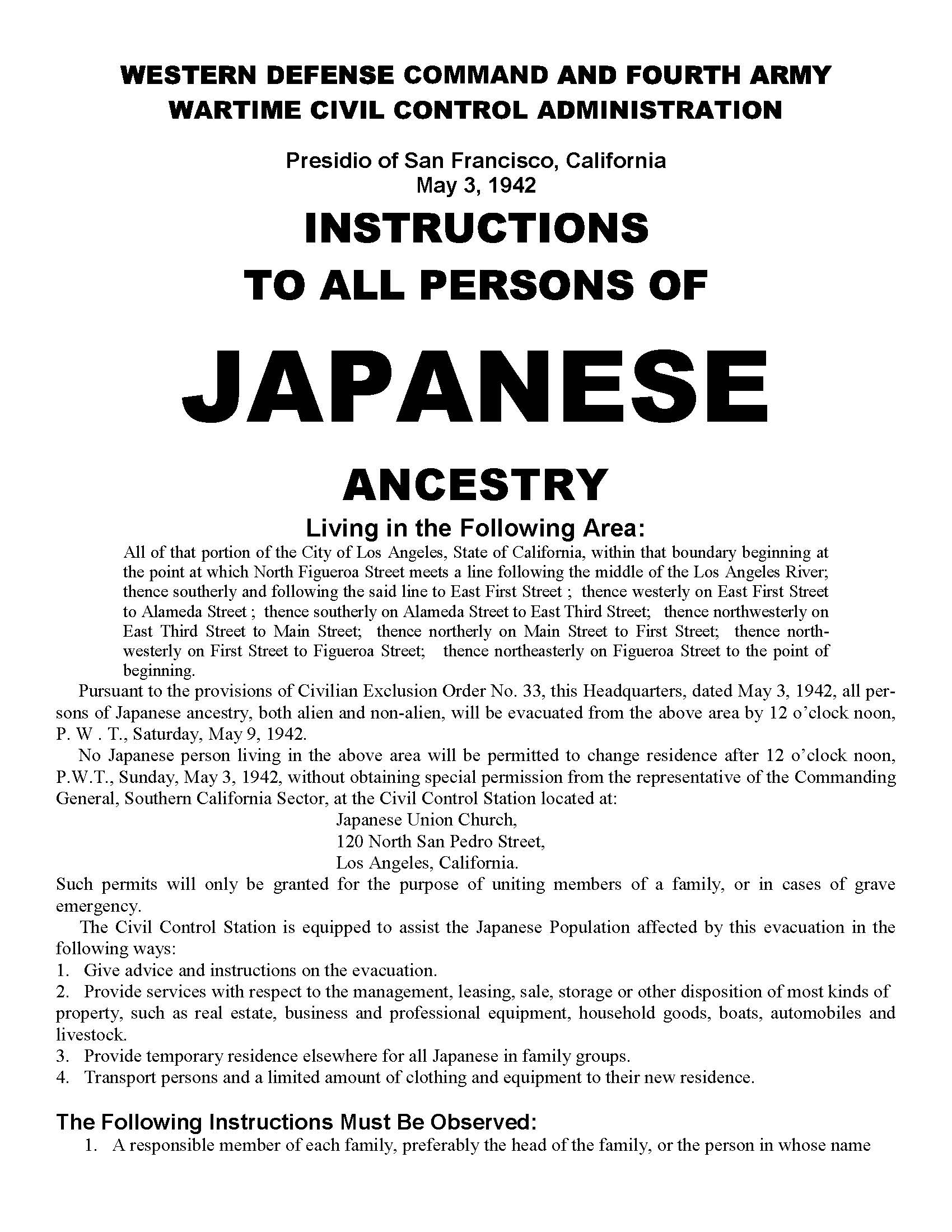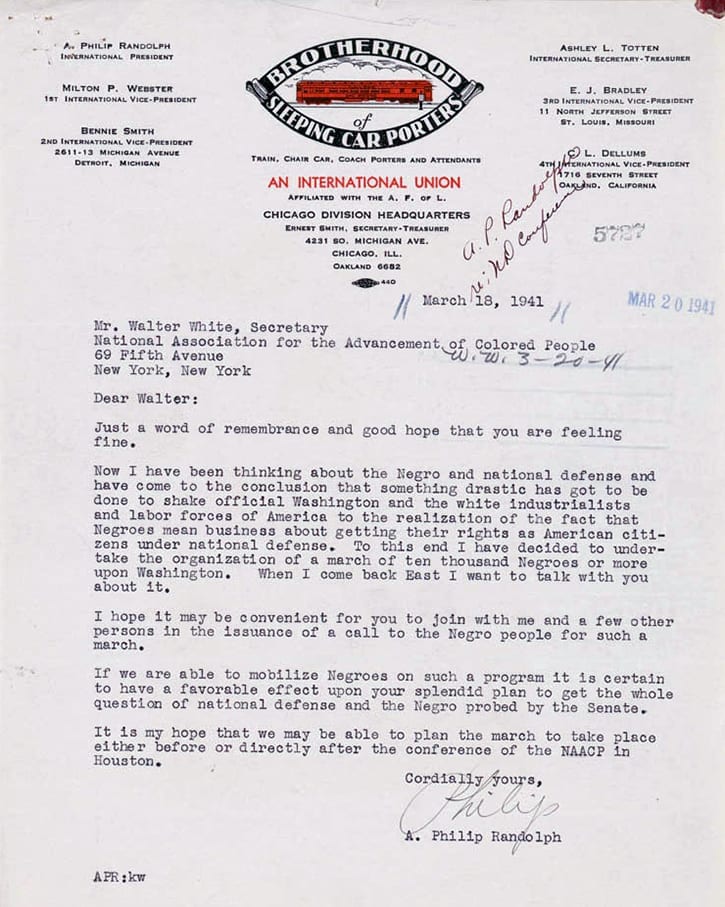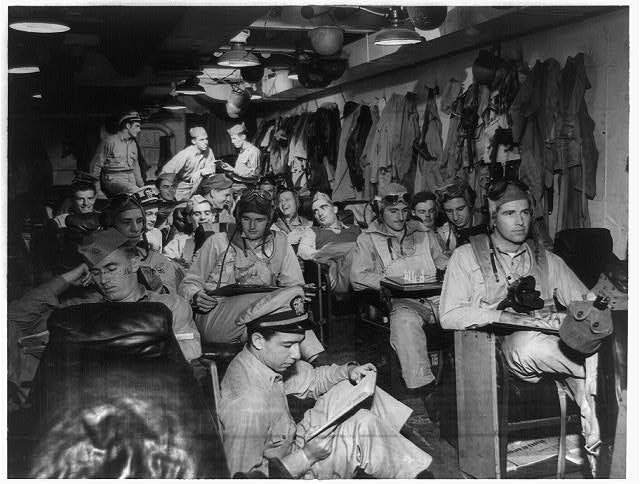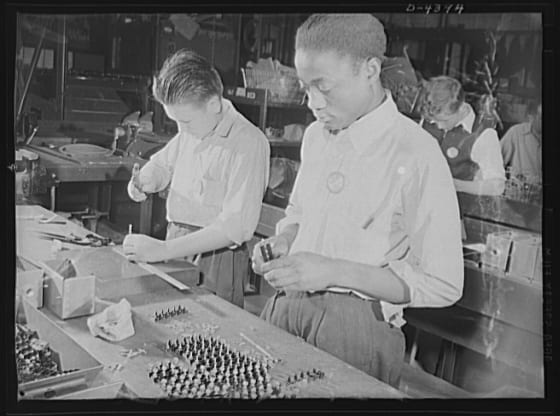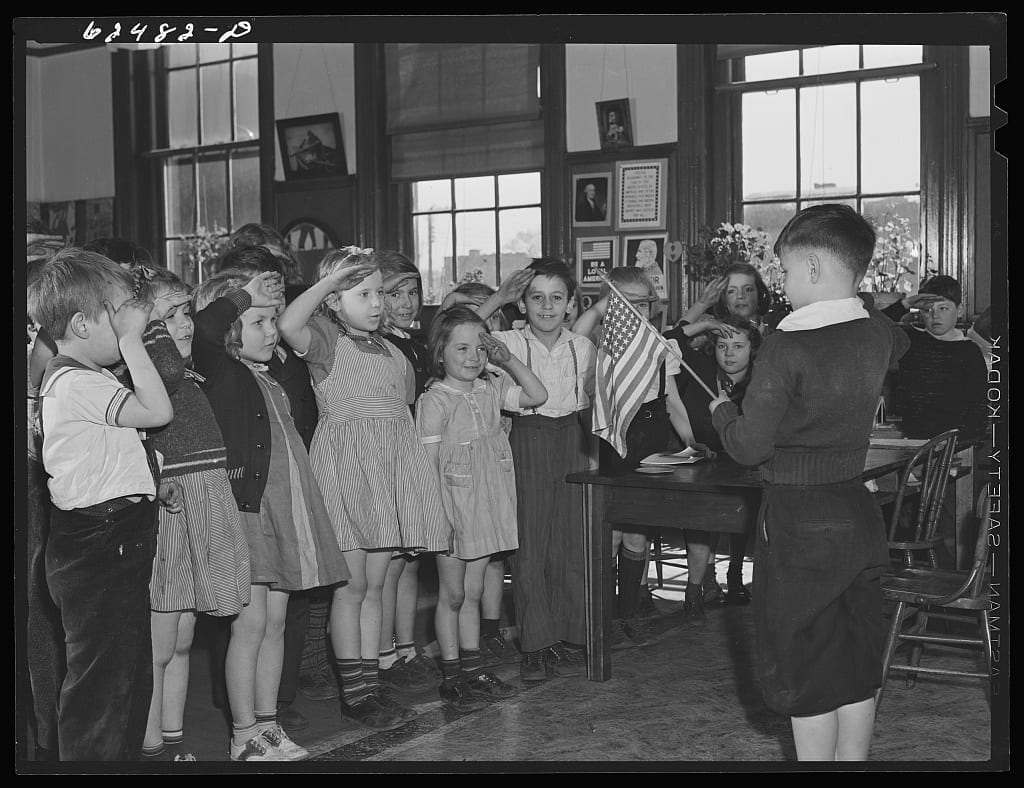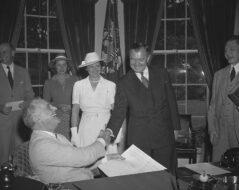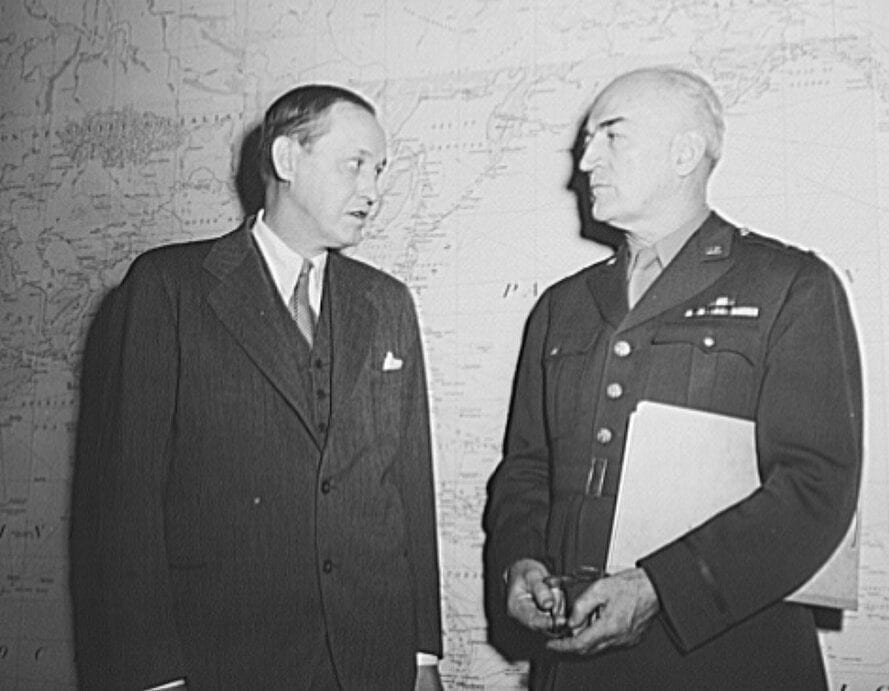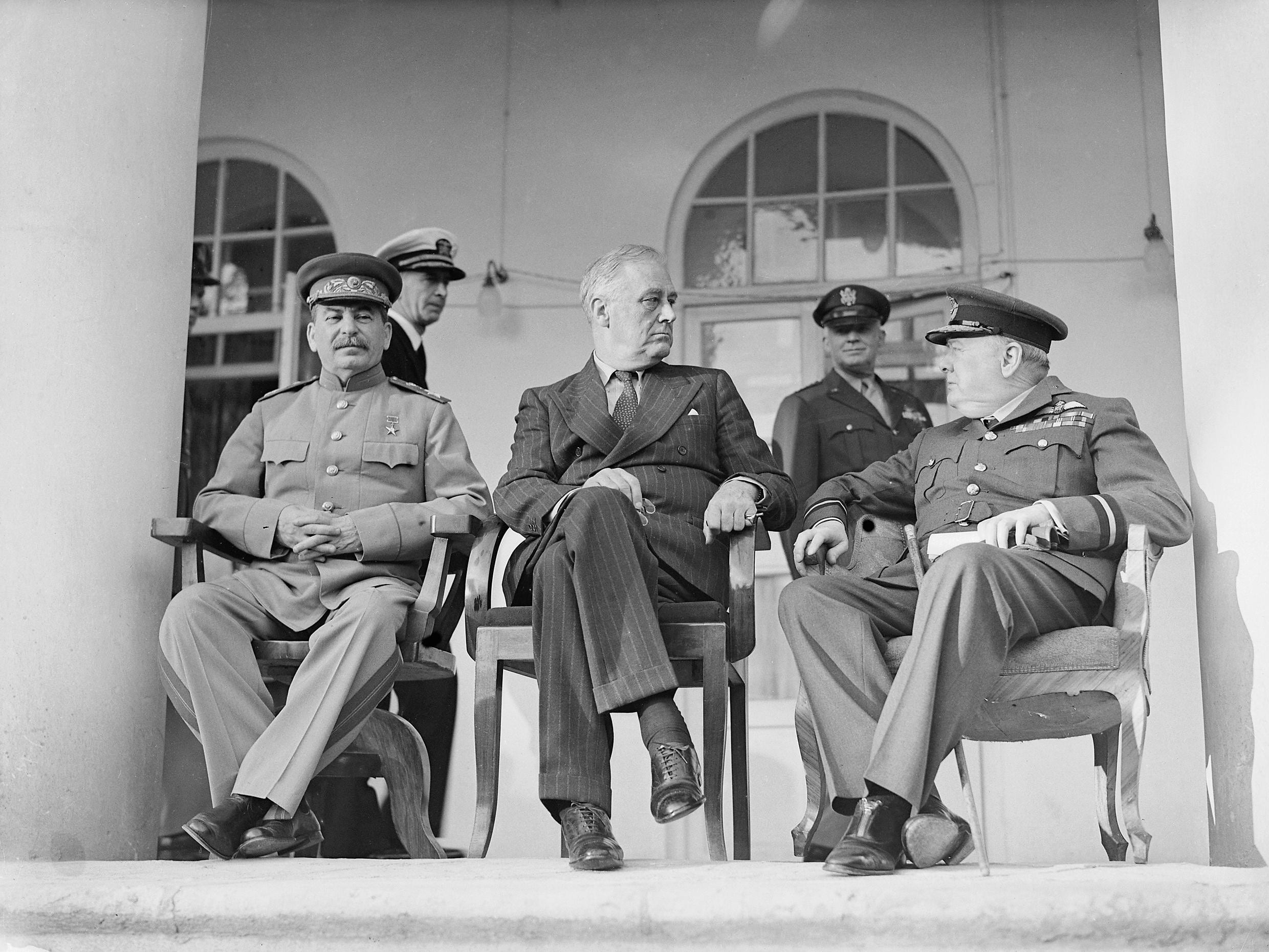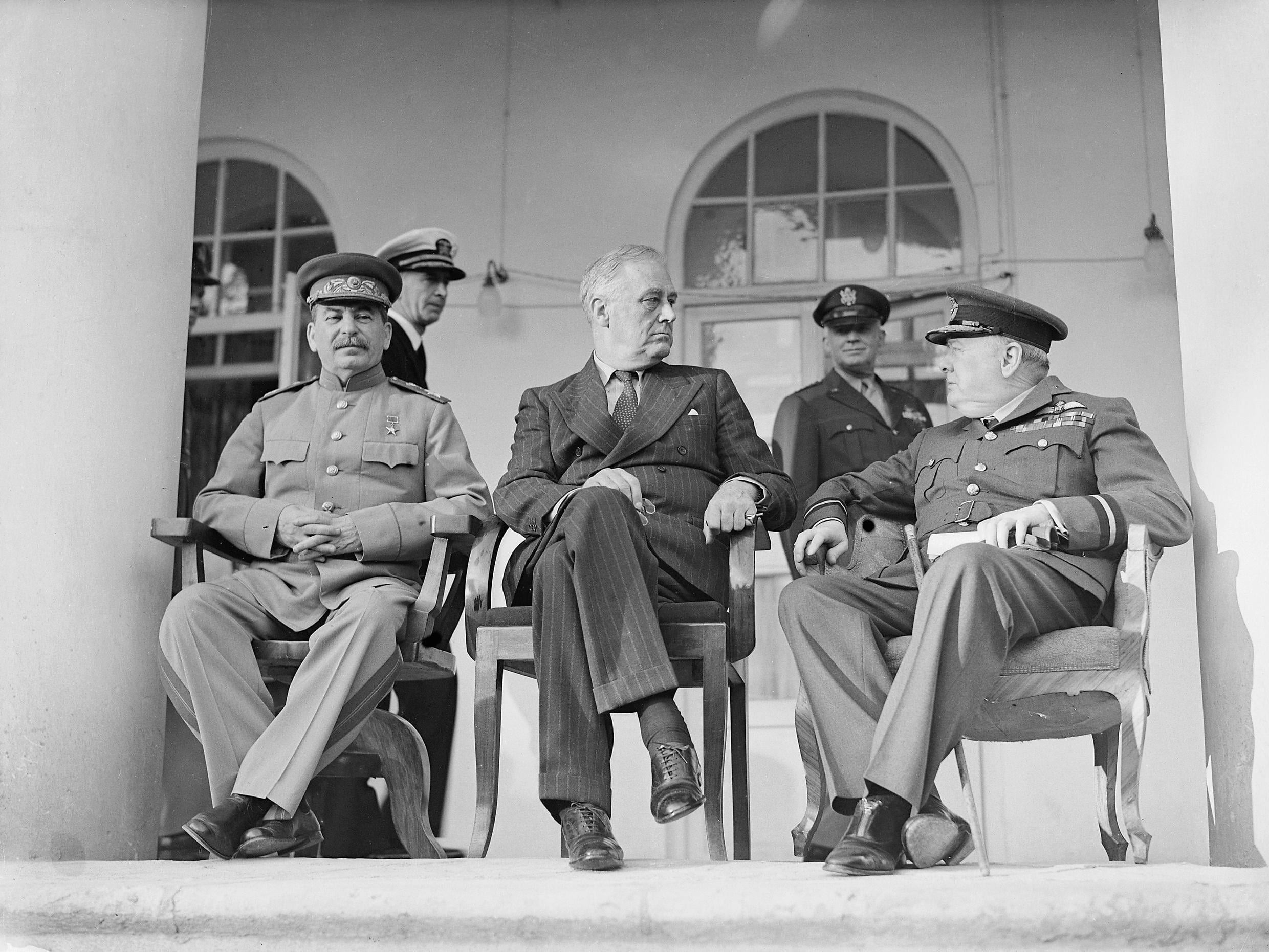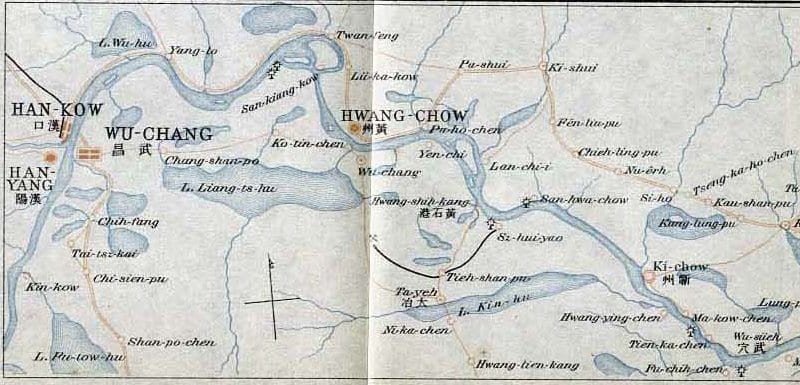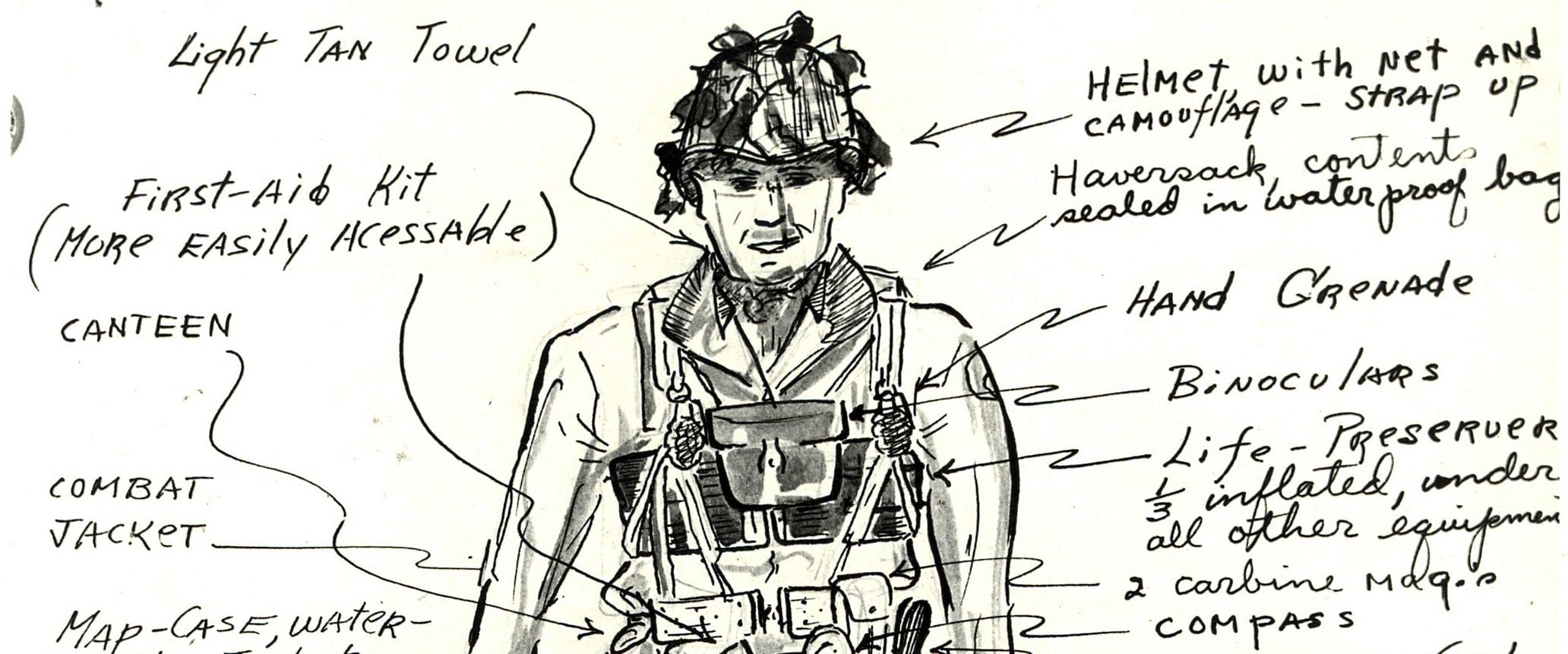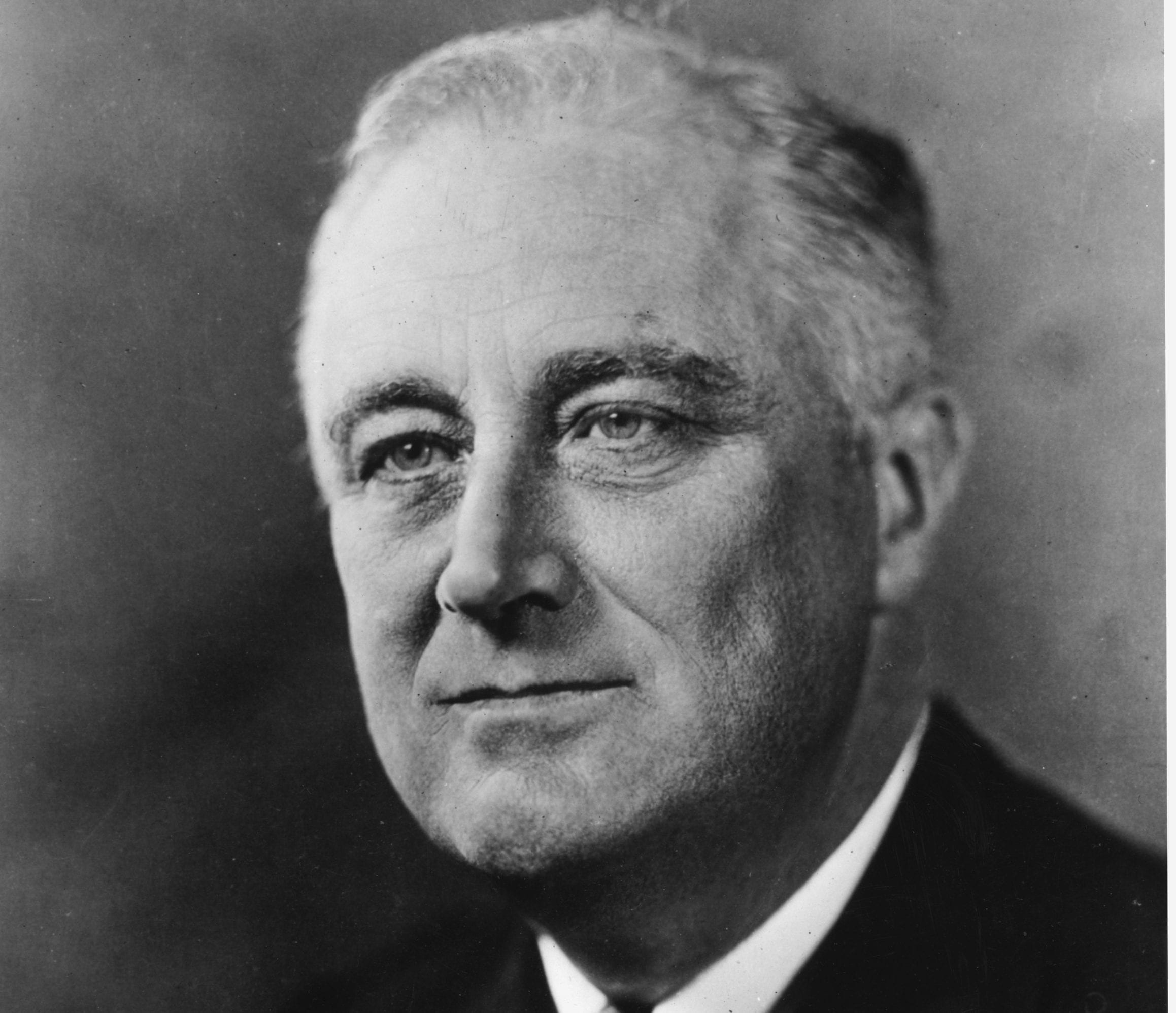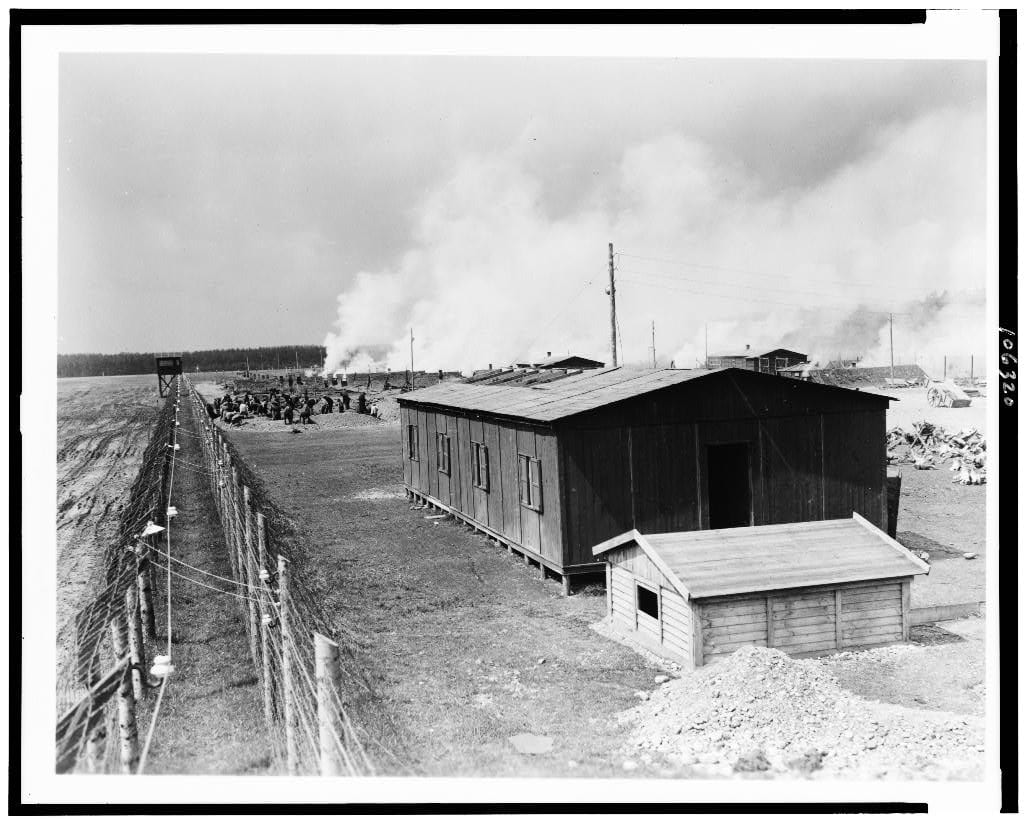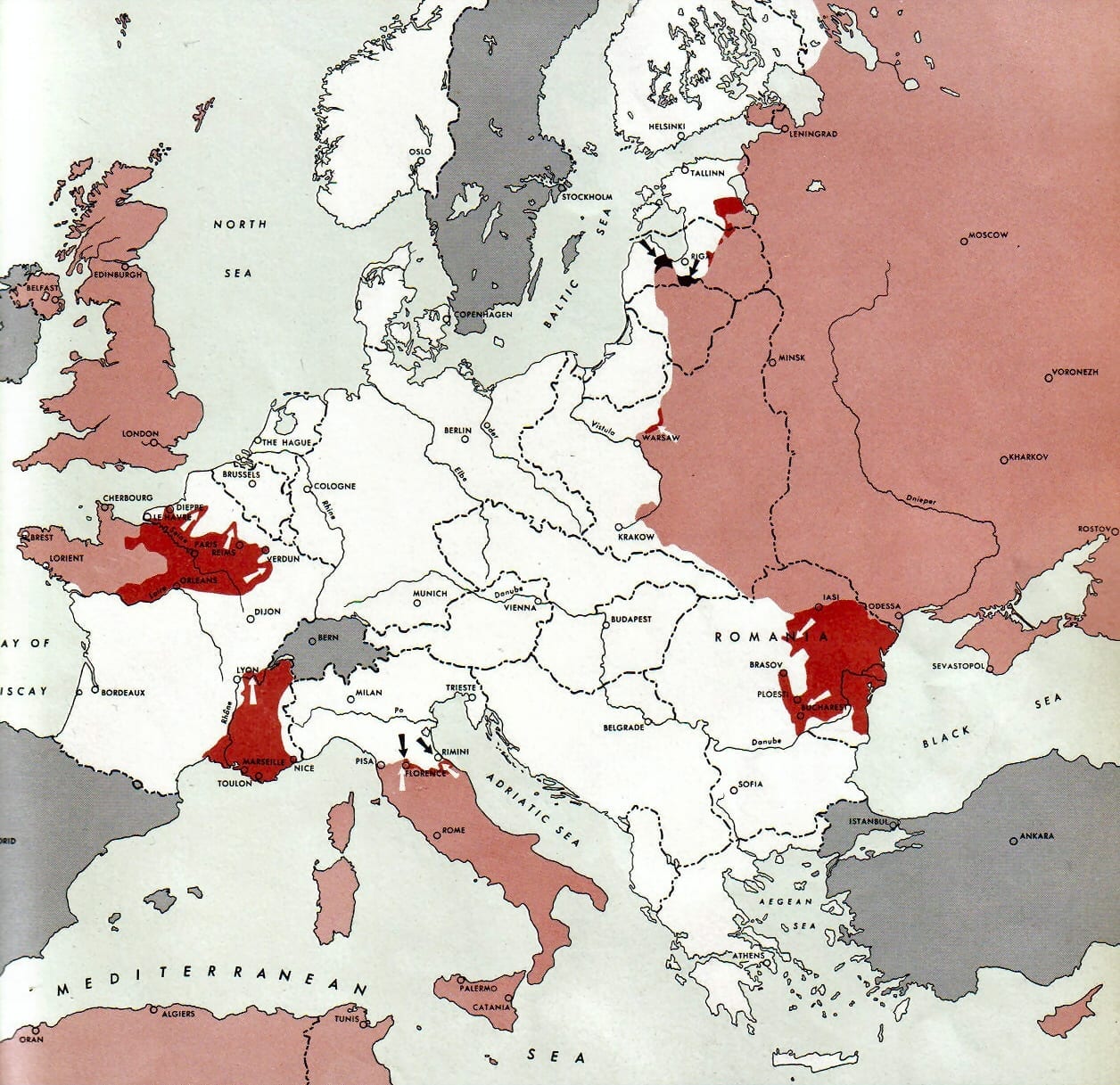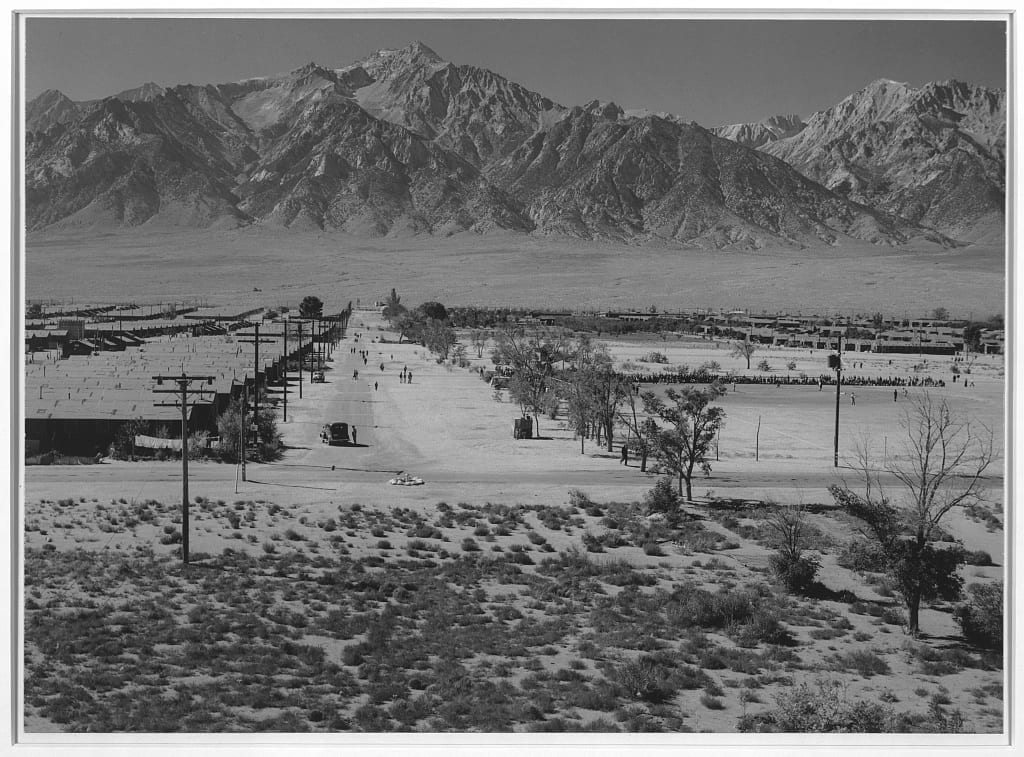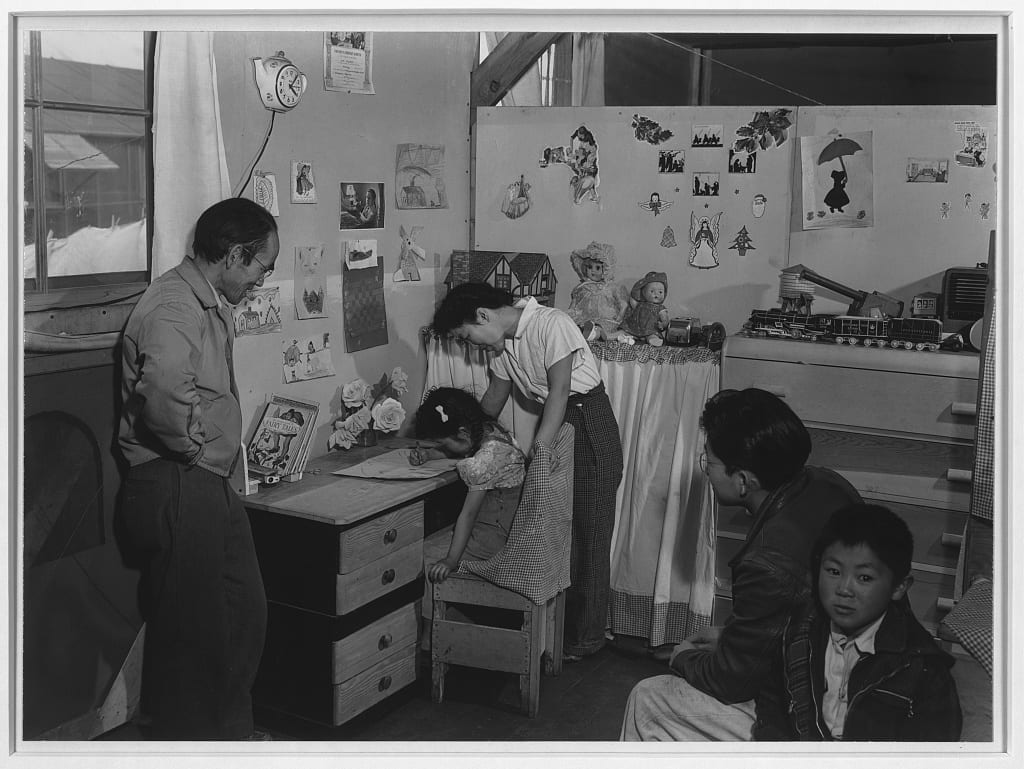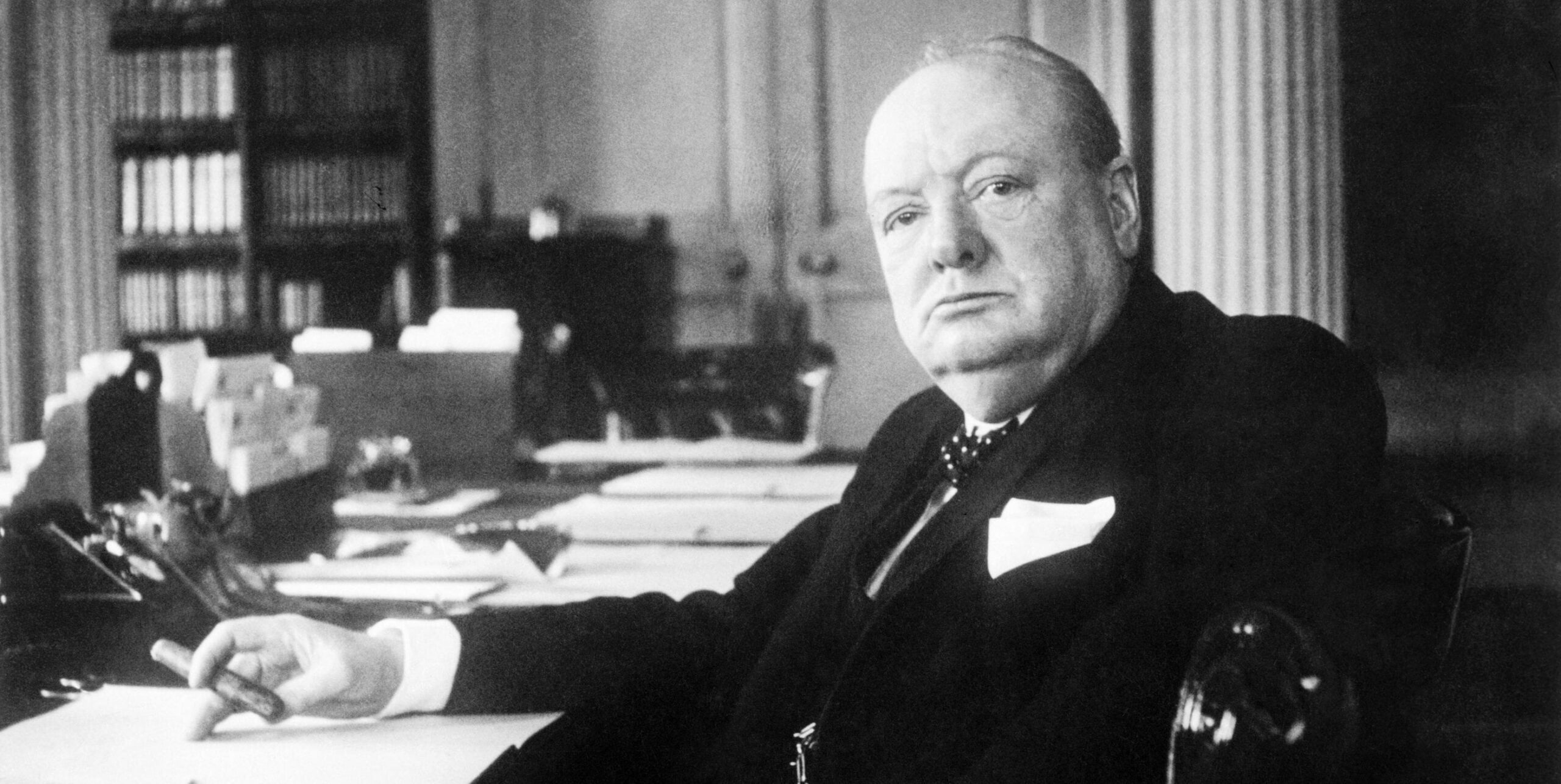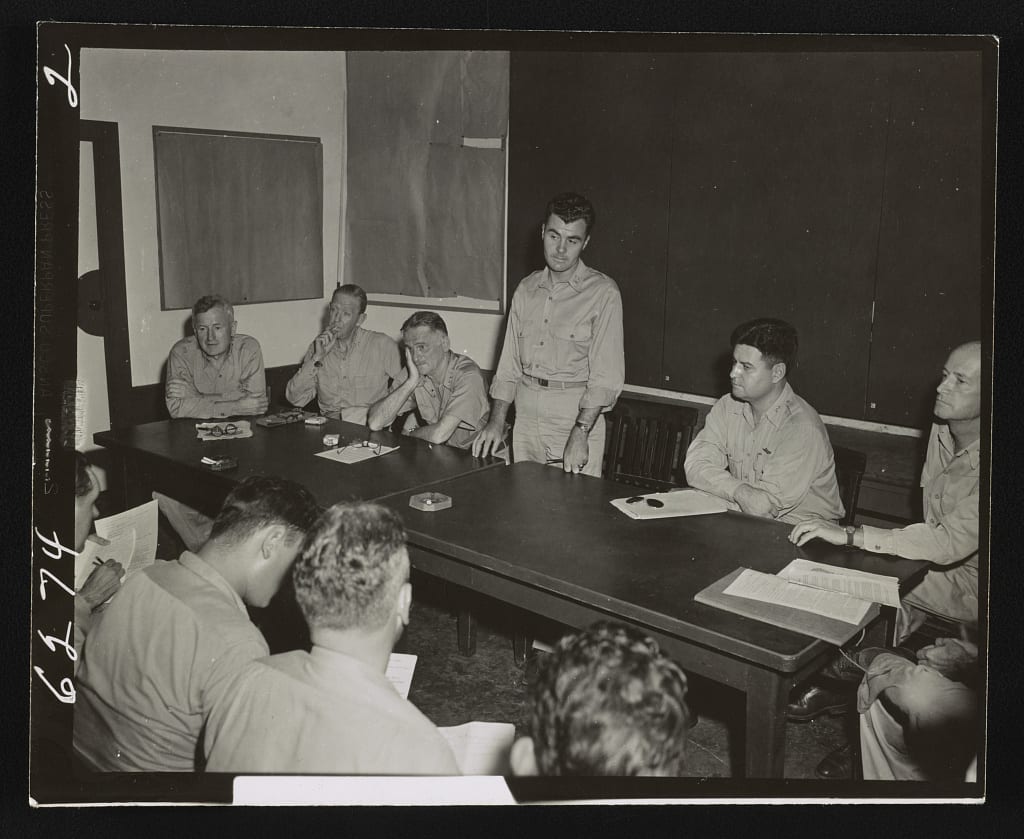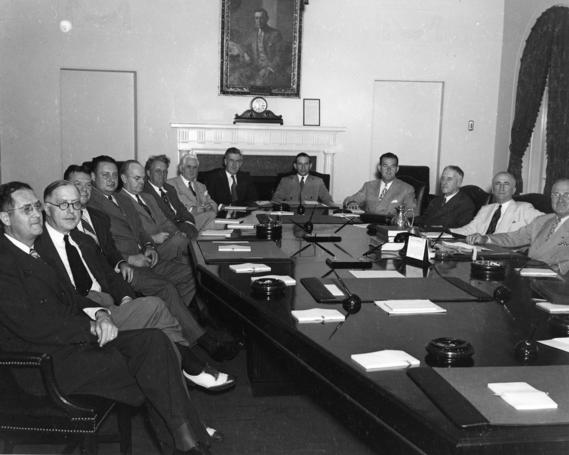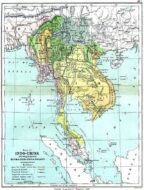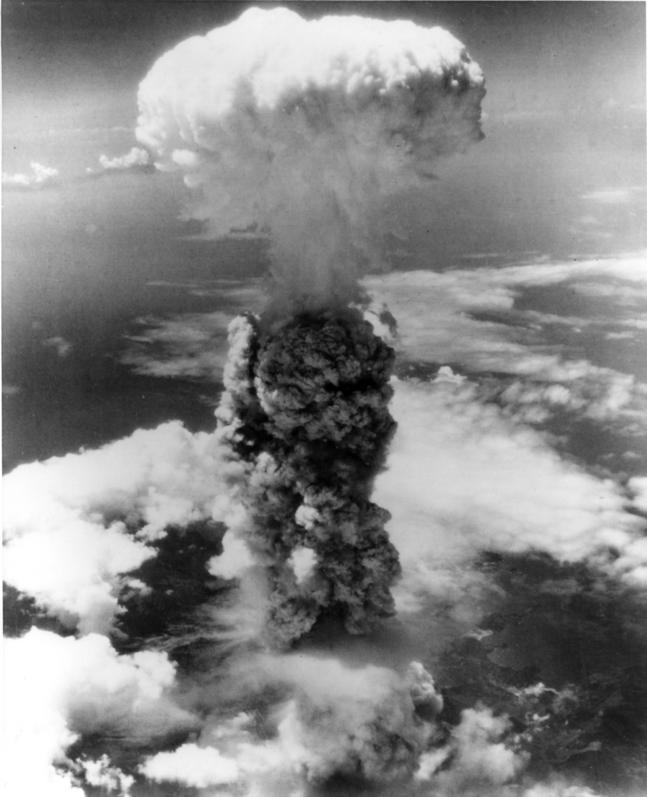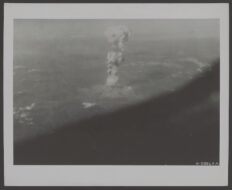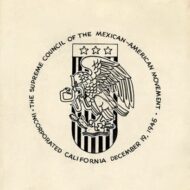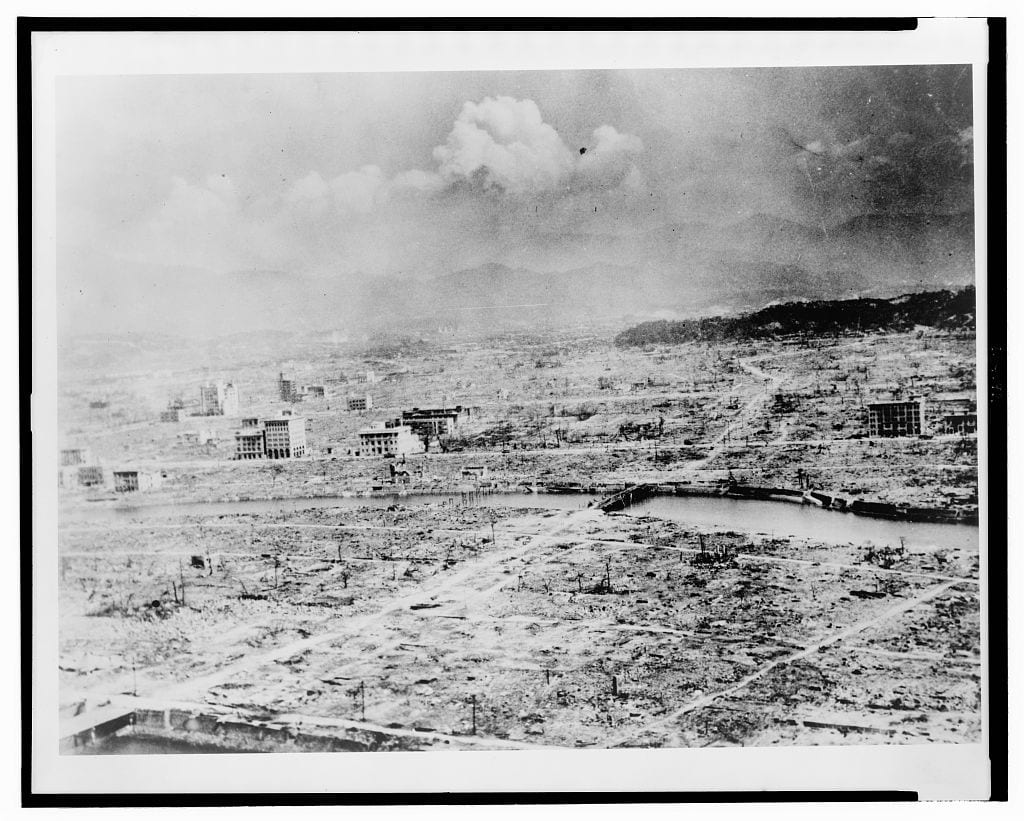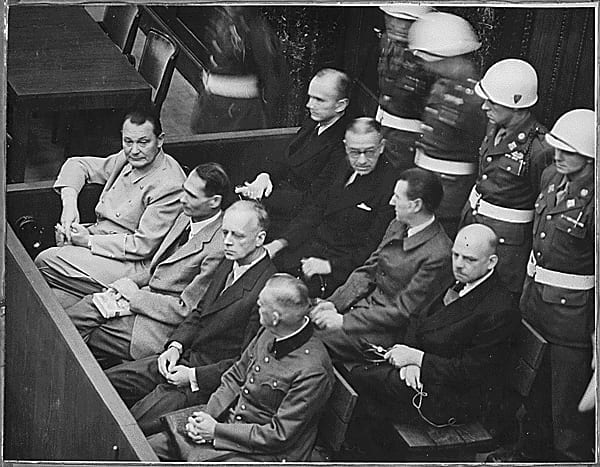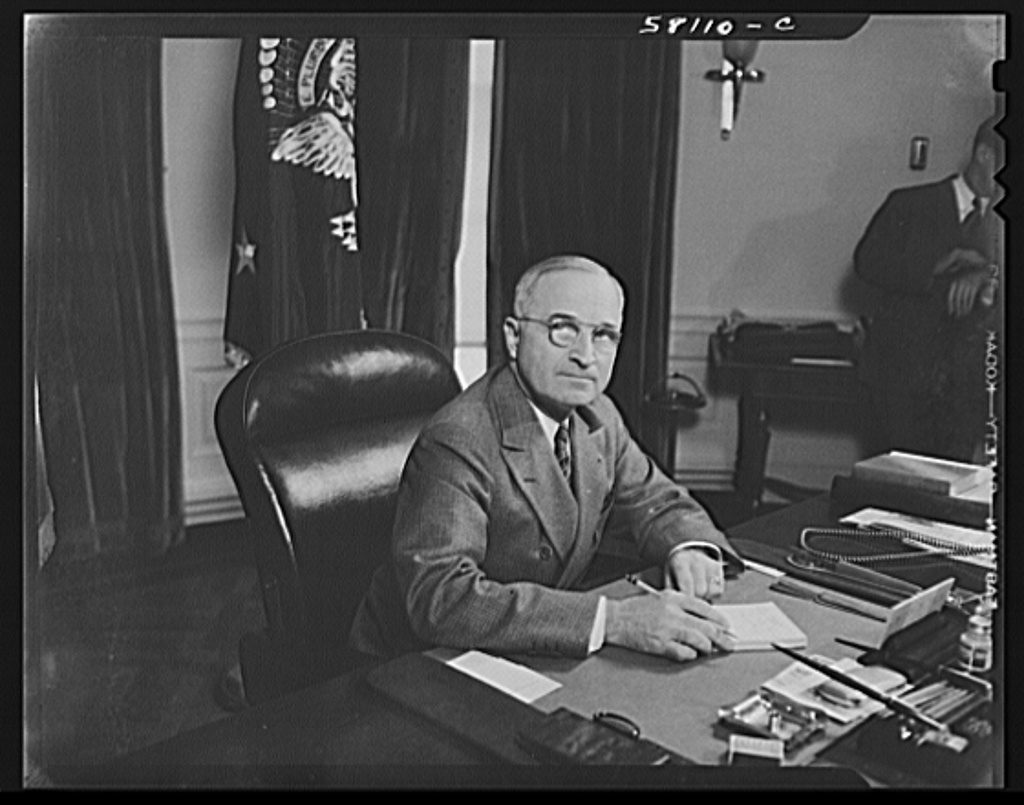Washington
A Policy Paper Prepared in the Department of State
I. Introduction
When V day comes in the Far East and the Pacific it will be the result in largest measure of the military might and the sacrifices of the United States. In return the American people ask for a reasonable assurance of peace and security in this great area and economic welfare. Peace and security, and economic welfare, however, depend on a number of conditions.
One of these conditions is the right of all peoples to choose the form of Government under which they will live. The United States, therefore, has a definite interest that there should be a progressive enlargement of the political responsibilities, both as individuals and as groups of all the peoples of this region in order that they may be prepared and able to assume the responsibilities of natural freedom as well as to enjoy its rights. To this end we would wish to see in China and in other independent countries governments established on a broader basis of the population, and the elimination, so far as international security conditions and arrangements permit, of those conditions favoring foreign nationals which impair the sovereign rights of those countries; and in the dependent areas in this region we would wish to see the peoples given the opportunity to achieve a progressively larger measure of self-government.
During the past four hundred years the Western Powers–and more recently Japan–by war, threat of war, and exploitation of ignorance on the part of Oriental Governments, extended Western sovereignty, economic and political control, or exceptional semi-sovereignty rights over great areas of Asia and the Pacific–areas which produce a substantial part of the world’s supply of many critically important primary commodities and contain more than half of the human race.
In the past half century, however, the rising nationalism in Asia has led to a demand for freedom from this political and economic subjection, and the demand has increased in strength and in insistence, and has been intensified by Japanese propaganda during the present war. The fact that each Far Eastern people was suffering under disabilities maintained by the Western Powers provided the Far Eastern nations with a bond of kinship over and beyond common membership among the peoples of Asia.
Aside from the traditional American belief in the right of all peoples to independence, the largest possible measure of political freedom for the countries of Asia consistent with their ability to assume the responsibility thereof is probably necessary in order to achieve the chief objective of the United States in the Far East and the Pacific: continuing peace and security.
Another condition on which peace and security depend is cooperation among the peace-minded states of the world. One of the foremost policies of the United States is to maintain the unity of purpose and action of all the United Nations, especially of the leading powers. Two of these leading powers are Great Britain and France, each of which has dependencies in the Far East in which there is an insistent demand for a greater measure of self-government than the parent states have yet been willing to grant…
V. French Indochina
A. Estimate of Conditions at the End of the War
1. Political
At the end of the war, political conditions in Indochina, and especially in the north, will probably be particularly unstable. The Indochinese independence groups, which may have been working against the Japanese, will quite possibly oppose the restoration of French control. Independence sentiment in the area is believed to be increasingly strong. The Indochinese Independence League, representing some ten different native political groups, is thought to carry substantial influence with between one-quarter and one-half million persons. The serious 1930 insurrection, in which over 100,000 peasants actively participated, and similar insurrections which took place in the fall of 1940 indicate that the supporters of independence are neither apathetic nor supine and are willing to fight. It is believed that the French will encounter serious difficulty in overcoming this opposition and in reestablishing French control. What effect the Japanese declarations of independence for Annam, Cambodia, and Luang Prabang will have in the period immediately following the war cannot be estimated at this time, but clearly these declarations will make the French problem more difficult.
The French government recognizes that it will have very serious difficulties in reestablishing and maintaining its control in Indochina, and its several statements regarding the future of that country show an increasing trend toward autonomy for the French administration. Even the latest statement, however, shows little intention to give the Indochinese self-government. An increased measure of self-government would seem essential if the Indochinese are to be reconciled to continued French control.
2. Economic
Economically, Indochina has so far suffered least of all the countries involved in the war in the Far East. Bombing and fighting before the close of the war will probably, however, have resulted in the destruction of some of its railway system, key bridges, harbor installations, and the more important industrial and power plants. This will probably intensify already existing food shortages in the north and lack of consumer goods throughout the area.
Pre-war French policies involved economic exploitation of the colony for France. Indochina had to buy dear in the high, unprotected market of France and sell cheap in the unprotected markets of other nations. The French realize that this economic policy, which was very detrimental to Indochina, must be changed. They have pledged tariff autonomy and equality of tariff rates for other countries. There is no indication, however, that the French intend to pursue an open-door economic policy.
B. International Relations
French policy toward Indochina will be dominated by the desire to reestablish control in order to reassert her prestige in the world as a great power. This purpose will be augmented by the potent influence of the Banque de l’Indochine and other economic interests. Many French appear to recognize that it may be necessary for them to make further concessions to Indochinese self-government and autonomy primarily to assure native support but also to avoid unfriendly United States opinion. Chief French reliance, however, will continue to be placed upon the United Kingdom, which is almost as anxious as the French to see that no pre-war colonial power suffers diminution of power or prestige. Friction between France and China over Indochina will probably continue. The Chinese government, at least tacitly, is supporting the Independence League and is thought by the French, despite the Generalissimo’s disclaimer of territorial ambitions, to desire to dominate, if not annex, northern Indochina. French economic policies interfered with all nations trading with China through its access to the sea at Haiphong. China particularly will look for a complete reversal of French policy in this request.
The Thai consider the territory acquired from Indochina in 1941 as theirs by legal and historic right, but they have indicated they will accept any border determined by an Anglo-American commission. The French consider the territory theirs and there will doubtless be border conflict unless a fair settlement is reached which eliminates causes for serious discontent.
C. United States Policy
The United States recognizes French sovereignty over Indochina. It is, however, the general policy of the United States to favor a policy which would allow colonial peoples an opportunity to prepare themselves for increased participation in their own government with eventual self-government as the goal.


